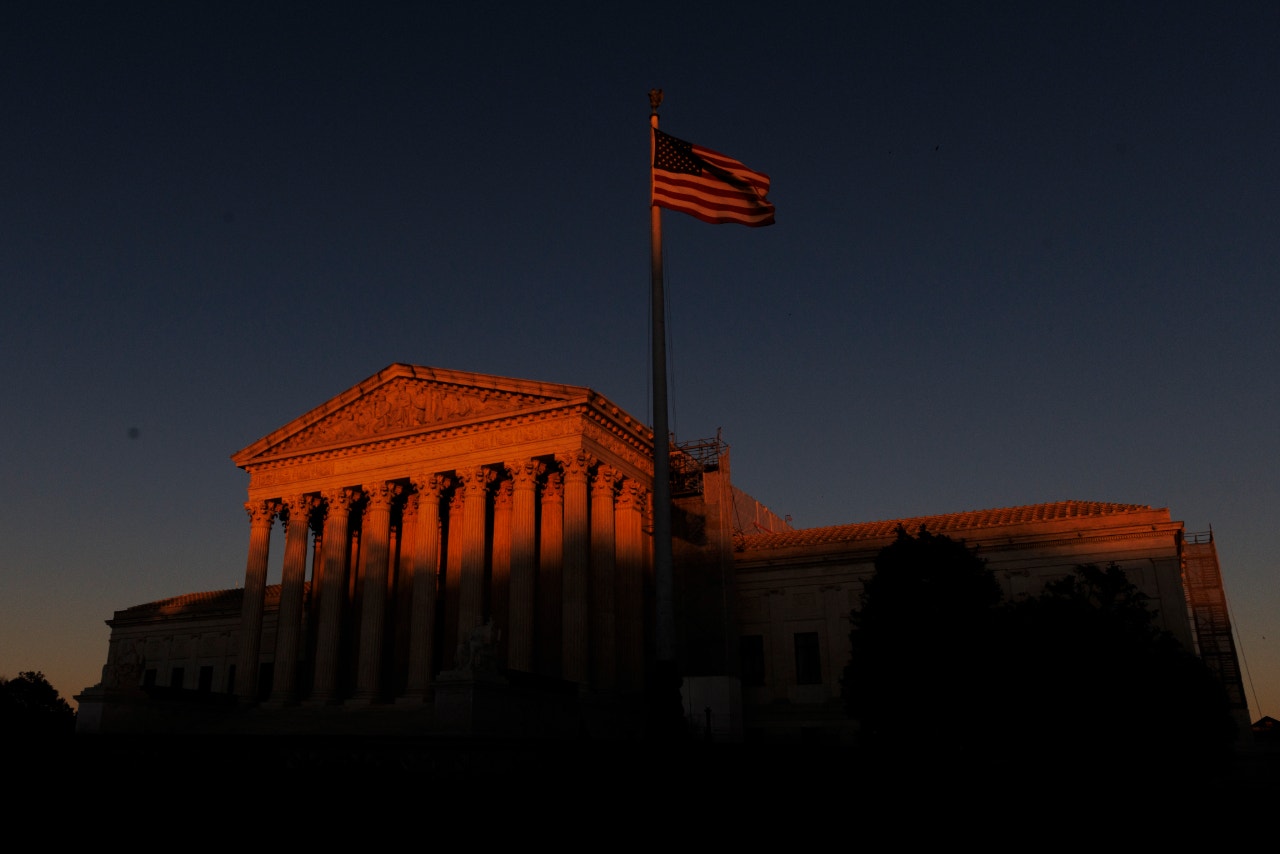Supreme Court to hear oral arguments in case on banning transgender surgeries

The Supreme Court is set to hear arguments on Wednesday in a landmark case involving the rights of transgender minors to receive gender transition care. The case, United States v. Skrmetti, focuses on a Tennessee law that prohibits gender-transition treatments for adolescents in the state. The law also targets health care providers who continue to offer such treatments to transgender minors, exposing them to fines and legal action.
The petitioners in the case, represented by the ACLU and a Memphis-based doctor, argue that the Tennessee law violates the Equal Protection Clause of the 14th Amendment. They contend that the law discriminates based on gender and infringes on the rights of transgender individuals. The Biden administration has also joined the case, highlighting its importance as a matter of public interest.
The key question before the Supreme Court is whether the Tennessee law violates the Equal Protection Clause by banning medical treatments that allow minors to transition to a gender different from their assigned sex. This case marks the first time the Supreme Court will consider restrictions on puberty blockers, hormone therapy, and surgery for minors, making it a significant and closely watched case.
Tennessee is one of at least 25 states that have banned gender transition care for transgender adolescents, making this case a focal point for the debate on transgender rights across the country. The oral arguments have been eagerly anticipated, with implications for the broader LGBTQ community and beyond.
The petitioners will be represented by U.S. Solicitor General Elizabeth Prelogar and ACLU attorney Chase Strangio, who is openly transgender. They will argue that the Tennessee law discriminates based on sex and transgender status, triggering a higher level of scrutiny under the Equal Protection Clause. The state will be represented by Tennessee Solicitor General J. Matthew Rice and Attorney General Jonathan Skrmetti, who will defend the law’s restrictions on medical treatments for transgender minors.
The Supreme Court will consider whether the Tennessee law passes the tests of strict scrutiny, heightened scrutiny, or rational basis under the Equal Protection Clause. The outcome of this case could have far-reaching implications for transgender youth and their access to gender transition care.
The case has a complex legal history, with lower courts issuing conflicting rulings on the constitutionality of the Tennessee law. The Supreme Court’s decision, expected by July 2025, will provide clarity on the rights of transgender minors to receive gender transition care and could set a precedent for similar cases in the future. The outcome of United States v. Skrmetti will be closely watched by advocates on both sides of the debate over transgender rights and health care access.




